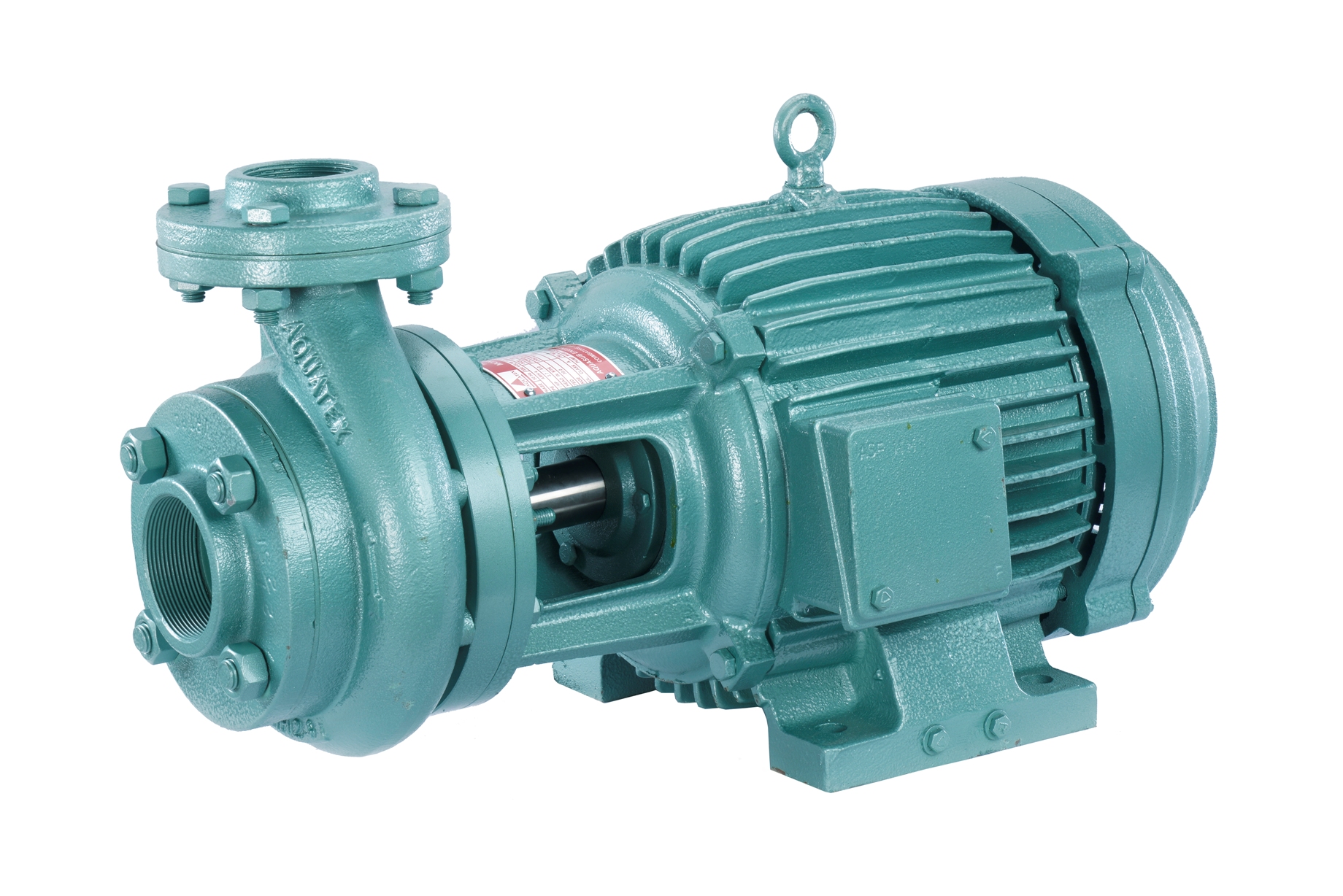Water pumps play a crucial role in transferring water from one place to another, whether for residential, commercial, or industrial applications. Selecting the appropriate water pump can greatly impact efficiency, cost savings, and durability. With numerous options on the market, how can you determine which one best suits your requirements? This comprehensive guide will explore different types of water pumps, their applications, key factors to consider before purchasing, and maintenance tips to ensure longevity. Get Our Water Pump repair Service
Types of Water Pumps and Their Uses
Centrifugal Water Pumps
Centrifugal water pumps are widely used because of their straightforward operation and high efficiency. They function by utilizing a rotating impeller, which generates suction to draw water in and propel it through the system.
Best Uses:
✔ Residential water supply
✔ Agriculture irrigation
✔ Industrial water circulation
✔ Firefighting systems
Pros:
✅ High flow rate
✅ Low maintenance
✅ Suitable for clean and slightly contaminated water
Cons:
❌ Not ideal for pumping thick or viscous liquids
❌ Requires priming before operation
Submersible Water Pumps
Submersible pumps are built to operate while fully submerged in water. Their sealed design prevents water from reaching the motor, making them ideal for lifting water from deep wells or underground sources.
Best Uses:
✔ Deep wells and boreholes
✔ Drainage of flooded areas
✔ Sewage and wastewater treatment
Pros:
✅ Efficient in deep water applications
✅ Operates quietly
✅ Reduces the risk of cavitation
Cons:
❌ Difficult to access for maintenance
❌ Higher initial cost
Jet Water Pumps
Jet pumps are categorized into shallow well and deep well jet pumps, depending on their depth capacity.
Best Uses:
✔ Residential water supply from wells
✔ Boosting water pressure in homes
Pros:
✅ Can pull water from deep underground sources
✅ Works well for domestic water supply
Cons:
❌ Noisy operation
❌ Less efficient compared to submersible pumps
Booster Pumps
Booster pumps are designed to enhance water pressure in systems with low flow. They are commonly used in buildings where the municipal water supply does not provide adequate pressure.
Best Uses:
✔ Homes with low water pressure
✔ Commercial buildings
✔ Irrigation systems
Pros:
✅ Improves water flow in taps and showers
✅ Easy to install and operate
Cons:
❌ Can be noisy
❌ Requires a steady water source
Diaphragm Pumps
These pumps are highly durable and can handle viscous and corrosive fluids.
Best Uses:
✔ Chemical and pharmaceutical industries
✔ Handling wastewater and sludge
✔ Agriculture spraying systems
Pros:
✅ Works with thick and corrosive liquids
✅ Self-priming capabilities
Cons:
❌ Lower flow rate compared to centrifugal pumps
❌ Can be expensive
Sump Pumps
Sump pumps are commonly used to remove accumulated water from basements or low-lying areas prone to flooding.
Best Uses:
✔ Preventing basement flooding
✔ Drainage in construction sites
✔ Managing rainwater runoff
Pros:
✅ Automatically removes excess water
✅ Prevents water damage and mold growth
Cons:
❌ Requires electricity to function
❌ Needs regular maintenance
Solar-Powered Water Pumps
With the rise of renewable energy solutions, solar water pumps have become increasingly popular.
Best Uses:
✔ Off-grid agricultural irrigation
✔ Rural drinking water supply
✔ Livestock watering systems
Pros:
✅ Environmentally friendly
✅ Reduces electricity costs
Cons:
❌ Dependent on sunlight availability
❌ High initial investment

Factors to Consider When Choosing a Water Pump
Selecting the right water pump depends on several key factors. Here’s what you need to consider before making a purchase:
Water Source and Depth
- Shallow water sources (less than 25 feet): A jet pump or centrifugal pump is suitable.
- Deep wells (more than 25 feet): A submersible pump is ideal.
Required Flow Rate
Residential applications typically require 5–20 GPM, while industrial uses may demand much higher capacities.
Power Supply
- Electric pumps: Common for home and industrial use
- Solar pumps: Best for remote areas with no electricity access
- Diesel/gas-powered pumps: Ideal for large-scale agricultural or construction applications
Pump Head and Pressure Requirements
Higher head values mean the pump can move water over greater vertical distances.
Type of Liquid Being Pumped
- Clean water: Centrifugal, jet, or booster pumps
- Muddy, sandy, or chemical-laden water: Diaphragm, submersible, or sewage pumps
Noise Levels
If noise is a concern, opt for submersible or solar pumps, which operate quietly compared to jet or booster pumps.
Energy Efficiency
For long-term cost savings, solar-powered and high-efficiency electric pumps are better options.
Installation and Maintenance Tips for Water Pumps
Installation Guidelines
✅ Choose the right location: Keep the pump in a dry and ventilated area if it’s not submersible.
✅ Properly prime the pump: For centrifugal and jet pumps, priming is necessary to prevent dry running.
✅ Use the right piping and fittings: Incorrect sizing can reduce efficiency.
Maintenance Tips
✔ Check for leaks and damages regularly. Small leaks can lead to performance issues.
✔ Keep the pump clean and free of debris. Dirt buildup can reduce efficiency.
✔ Lubricate moving parts periodically. This prevents wear and tear.
✔ Monitor pressure and flow rate. Sudden drops may indicate clogging or mechanical failure.
✔ Service the pump annually. Regular servicing extends its lifespan.
Conclusion: Which Water Pump Should You Use?
The right water pump depends on your specific needs. Here’s a quick summary:
- For home water supply: Jet or booster pump
- For deep wells: Submersible pump
- For irrigation: Centrifugal or solar pump
- For wastewater management: Diaphragm or sump pump
- For increasing water pressure: Booster water pump repair Dubai
By considering factors like water source, flow rate, pressure needs, and energy efficiency, you can select a pump that best suits your application.

